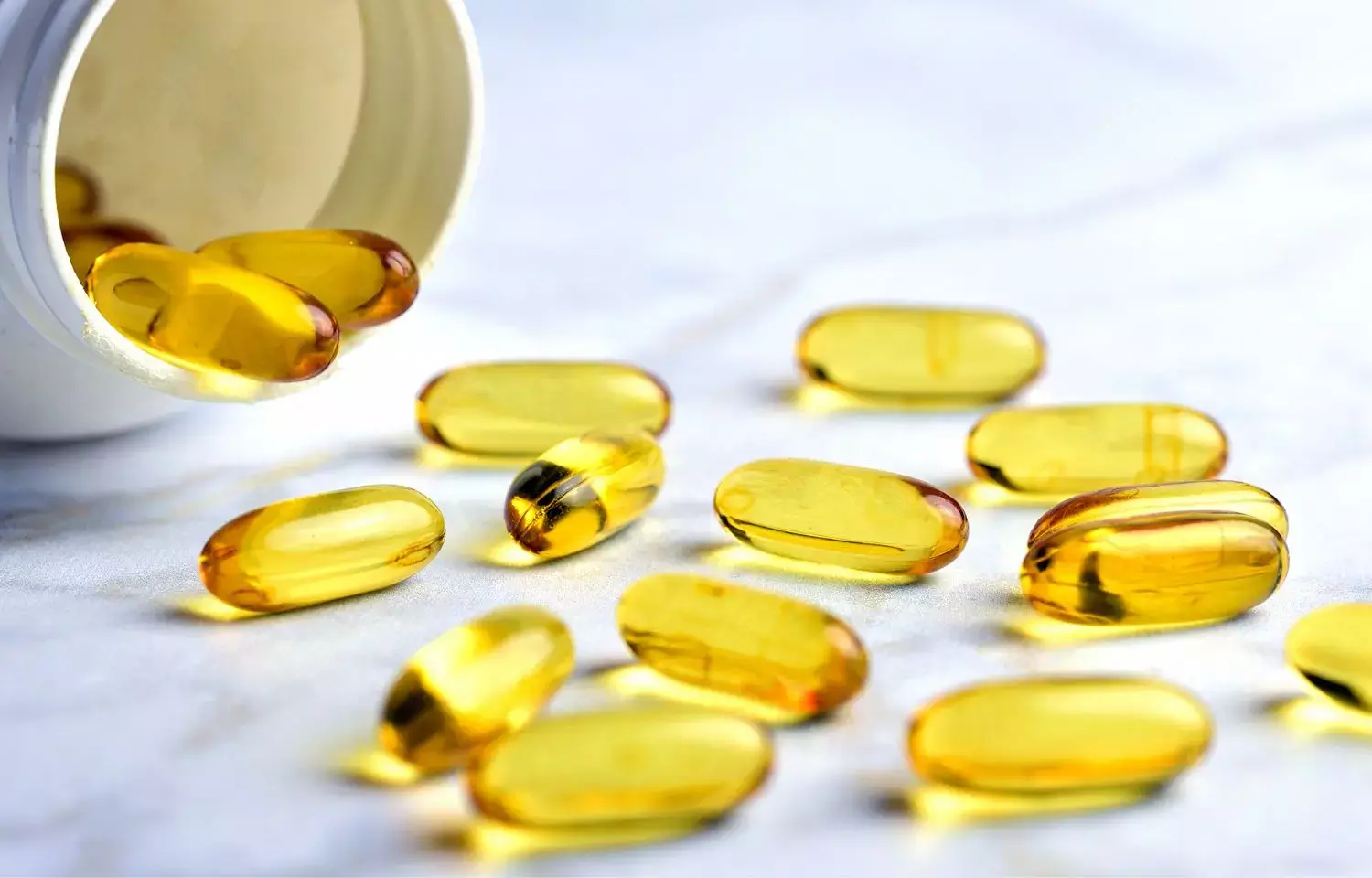- Home
- Medical news & Guidelines
- Anesthesiology
- Cardiology and CTVS
- Critical Care
- Dentistry
- Dermatology
- Diabetes and Endocrinology
- ENT
- Gastroenterology
- Medicine
- Nephrology
- Neurology
- Obstretics-Gynaecology
- Oncology
- Ophthalmology
- Orthopaedics
- Pediatrics-Neonatology
- Psychiatry
- Pulmonology
- Radiology
- Surgery
- Urology
- Laboratory Medicine
- Diet
- Nursing
- Paramedical
- Physiotherapy
- Health news
- Fact Check
- Bone Health Fact Check
- Brain Health Fact Check
- Cancer Related Fact Check
- Child Care Fact Check
- Dental and oral health fact check
- Diabetes and metabolic health fact check
- Diet and Nutrition Fact Check
- Eye and ENT Care Fact Check
- Fitness fact check
- Gut health fact check
- Heart health fact check
- Kidney health fact check
- Medical education fact check
- Men's health fact check
- Respiratory fact check
- Skin and hair care fact check
- Vaccine and Immunization fact check
- Women's health fact check
- AYUSH
- State News
- Andaman and Nicobar Islands
- Andhra Pradesh
- Arunachal Pradesh
- Assam
- Bihar
- Chandigarh
- Chattisgarh
- Dadra and Nagar Haveli
- Daman and Diu
- Delhi
- Goa
- Gujarat
- Haryana
- Himachal Pradesh
- Jammu & Kashmir
- Jharkhand
- Karnataka
- Kerala
- Ladakh
- Lakshadweep
- Madhya Pradesh
- Maharashtra
- Manipur
- Meghalaya
- Mizoram
- Nagaland
- Odisha
- Puducherry
- Punjab
- Rajasthan
- Sikkim
- Tamil Nadu
- Telangana
- Tripura
- Uttar Pradesh
- Uttrakhand
- West Bengal
- Medical Education
- Industry
High-dose vitamin D supplementation reduces complications in pediatric type 1 diabetes patients: Study

USA: High-dose vitamin D supplementation in children and adolescents with new-onset type 1 diabetes (T1D) may decrease complications, a recent study in Frontiers in Endocrinology has suggested. This, according to the study, has the potential to alter T1D's natural course and reduce the burden of the disease complications.
Recent randomized controlled trials (RCT) have shown that vitamin D could protect the β-cells during the honeymoon phase of T1D. This has led to calls for the guidance of vitamin D supplementation during the critical phase of type 1 diabetes. Prolonging the partial clinical remission (PR) phase of TID betters glycemic control and reduces long-term complications of T1D.
In the randomized trial, the researchers included 36 children and adolescents. They were randomized to receive either vitamin D2 (ergocalciferol, given as 50,000 international units per week for 2 months and then every other week for 10 months) or a placebo.
Based on the study, the researchers found the following:
- Vitamin D significantly decreased the temporal rise in both hemoglobin A1c at a mean rate of changes of 0.14% every 3 months versus 0.46% every 3 months for the placebo group and in the functional marker of PR, the insulin-dose adjusted A1c at a mean rate of change of 0.30% every 3 months versus 0.77% every 3 months for the placebo group.
- The researchers recommend a baseline estimation of 25(OH)D concentration at the time of diagnosis of T1D, and to begin vitamin D supplementation if serum 25(OH)D concentration is <30 ng/mL, to maintain serum 25(OH)D concentrations between 30-60 ng/mL.
- If serum 25(OH)D concentration is >30 ng/mL, monitor vitamin D status with serial 25(OH)D estimations; and initiate vitamin D supplementation if serum 25(OH)D concentrations drop to <30 ng/mL.
The authors conclude, "vitamin D supplementation should be continued for at least one year to ensure optimal benefit from vitamin D supplementation during the partial clinical remission phase of type 1 diabetes."
Reference:
Nwosu BU (2022) Guidance for high-dose vitamin D supplementation for prolonging the honeymoon phase in children and adolescents with new-onset type 1 diabetes. Front. Endocrinol. 13:974196. doi: 10.3389/fendo.2022.974196
Dr Kamal Kant Kohli-MBBS, DTCD- a chest specialist with more than 30 years of practice and a flair for writing clinical articles, Dr Kamal Kant Kohli joined Medical Dialogues as a Chief Editor of Medical News. Besides writing articles, as an editor, he proofreads and verifies all the medical content published on Medical Dialogues including those coming from journals, studies,medical conferences,guidelines etc. Email: drkohli@medicaldialogues.in. Contact no. 011-43720751


